Nurses, midwives and allied health professionals in research
Contents
Healthcare professionals across the board can add research to their careers — from physiotherapists to dietitians, paramedics to speech therapists.
The local Clinical Research Networks (CRNs) across the south east are shining a spotlight on nurses, midwives and allied health professionals (NMAHPs) in research. Take a look at their stories and find out more about adding research to your career.
NMAHPs in research — career stories
Paramedics

Ellie Tanner — Guy’s and St Thomas’ NHS Foundation Trust
"Research allows us to pick out the injustices, inequalities and, at times, the failings of health and social care to improve the services we all access at one point in our lives. Research is pivotal to shaping a brighter and healthier future."
Read more: Ellie's story

Erica Dodd — Research Delivery Team at CRN Kent, Surrey and Sussex
"I feel that working in research has improved my knowledge and skills as a clinician… It has opened opportunities to work with professionals in many different disciplines which historically I would not have had. It is exciting to be part of the development of future care practices."
Read more: Erica’s story
Midwives

Andrea Smith — Imperial College Healthcare NHS Trust
"I worked as a clinical midwife for ten years before becoming a research midwife."
Read more: Andrea's story
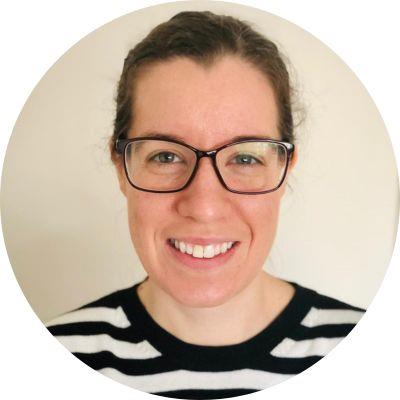
Holly Lovell — Guy’s and St Thomas’ NHS Foundation Trust
"New treatments, interventions, or identifying causes of problems or diseases would not be possible without research. Research must be incorporated alongside clinical care, allowing equal access for all."
Read more: Holly's story
Senior Research Nurse

Marcelle Costa Marinho — Direct Delivery Team, NIHR Clinical Research Network North West London
"Research is essential. It plays a crucial role in elevating the quality of people's lives by fostering advancements and innovations that contribute to overall well-being and societal progress."
Read more: Marcelle's story
Consultant Dietitian
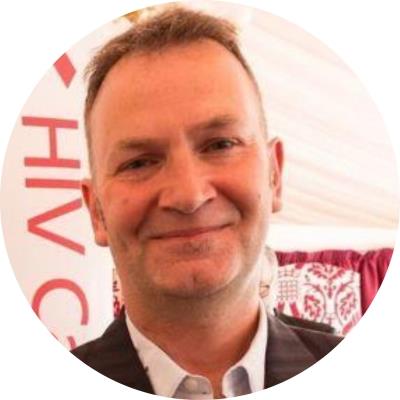
Alastair Duncan — Guy’s and St Thomas’ NHS Foundation Trust
"How can we improve the quality of care for our patients without research? And when we are puzzled by something new or different in our clinical practice, what else but research can solve the problem?"
Read more: Alastair's story
Specialist Surgical Dietitian

Cécile Taylor — Royal Free London NHS Foundation Trust
"The work I’ve conducted in research so far has allowed me to connect with my patients in a completely new way, working with them to identify and explore solutions to problems together."
Read more: Cécile’s story
Critical Care Dietitian
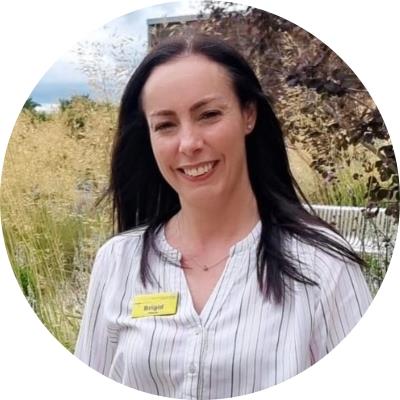
Brigid Sharkey — Barking, Havering and Redbridge University Hospitals NHS Trust
"I would say to any AHP that is considering research, reach out to your local research team and see what support and guidance they could offer."
Read more: Brigid’s story
Critical Care Pharmacist
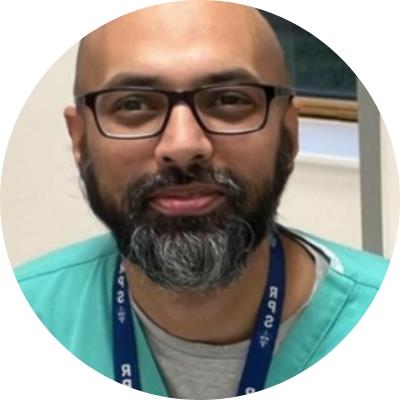
Nauman Hussain — Barking, Havering and Redbridge University Hospitals NHS Trust
"Research-active pharmacists make up a small proportion of practicing pharmacists in the UK and I hope my story will inspire a future generation of budding pharmacists to take on the mantle of research alongside their clinical roles."
Read more: Nauman's story
Senior Clinical Academic Speech and Language Therapist

Dr Gemma Clunie — Imperial College Healthcare NHS Trust
"My research has meant I am more confident in supporting my patients through their diagnosis and surgery in terms of the advice, assessment, and management that I offer."
Read more: Gemma’s story
Specialist Neurophysiotherapist

Catherine Mandri — Maidstone and Tunbridge Wells NHS Trust
"The greater variety of professions we can involve in research at a more senior level the greater the depth of solutions will be developed, which ultimately will benefit our patients."
Read more: Catherine's story
Physiotherapist — Neurological and vestibular disorders
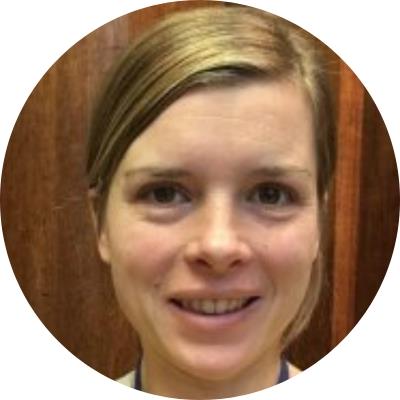
Rebecca Smith — Imperial College London
"I think it motivates staff to think outside the box and importantly we can include patient voices in how we shape our clinical practice."
Read more: Rebecca's story
Consultant Podiatrist

Mika Dave — East Sussex Healthcare NHS Trust
"Research allows you to look at things in a whole different way that we don't get a chance to do in our day-to-day patient-facing roles."
Read more: Mika's story
Advanced Practitioner Physiotherapist

Christopher Horler — Sussex Community NHS Foundation Trust and Sussex MSK Partnership
"Research can help us understand the patient's views and experiences, which can help us to improve our health services or healthcare provision."
Read more: Christopher's story
Advanced Clinical Practice Hand Therapist
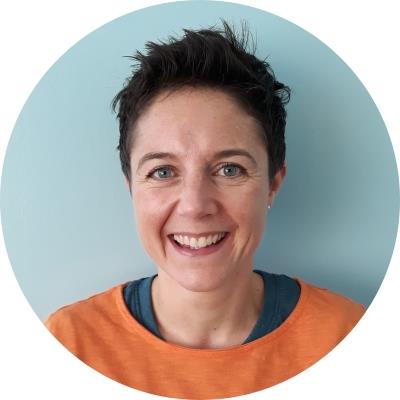
Lisa Newington — Guy’s and St Thomas’ NHS Foundation Trust
"Curiosity is key. Research and service improvement questions are driven by thinking about why we do what we do and how we might improve treatment and care for people by working alongside patients."
Read more: Lisa’s story
Clinical Specialist Physiotherapist in Haemophilia

Paul McLaughlin — Royal Free London NHS Foundation Trust
"Keeping the patient at the forefront of what we do and how we should do it means that together we can create research questions that are meaningful, with outcomes and outputs that may be more applicable in the real world."
Read more: Paul’s story
Physiotherapist in Critical Care

Ben Seymour — Barking, Havering and Redbridge University Hospitals NHS Trust
"Research pushes the barriers of what a physio can do."
Read more: Ben's story
Highly Specialist Physiotherapist — Adult cystic fibrosis
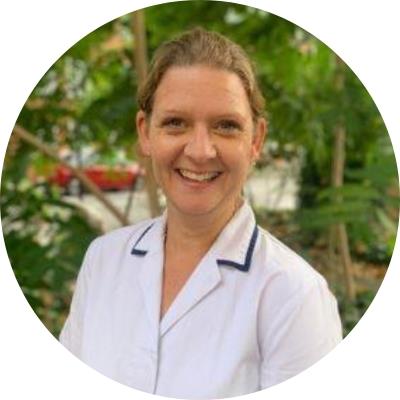
Gemma Stanford — Guy’s and St Thomas’ NHS Foundation Trust
"The idea of doing research can be scary, but from my experience, the research community is very supportive, and everyone is happy to help you every step of the way — don't be afraid to reach out for support and to start your research journey."
Read more: Gemma's story
Occupational Therapist — Stroke research

Jennifer Crow — Imperial College London
"I believe the research I'm doing has the potential to make a measurable difference to people's outcomes"
Read more: Jennifer's story
Operating Department Practitioner

Melissa Brinkler — Research Delivery Team, CRN Kent, Surrey and Sussex
"I would encourage any AHP to take the opportunity to be involved in research if the opportunity presents itself"
Read more: Melissa's story
Find out more about research careers
- Shape the Future — NIHR resources to support research careers
- HEE-NIHR Integrated Clinical and Practitioner Academic Programme — research training awards for health and social care professionals, excluding doctors and dentists, who wish to develop careers that combine research and research leadership with continued practice and professional developmen
- Allied Health Professions’ Research and Innovation Strategy for England — definitive collective national reference statement that encompasses and supports the existing research and innovation strategies of all the Allied Health professional associations
- Council for Allied Health Professions Research — the council's mission is to develop AHP research, strengthen evidence of the professions’ value and impact for enhancing service user and community care, and enable the professions to speak with one voice on research issues, thereby raising their profile and increasing their influence
